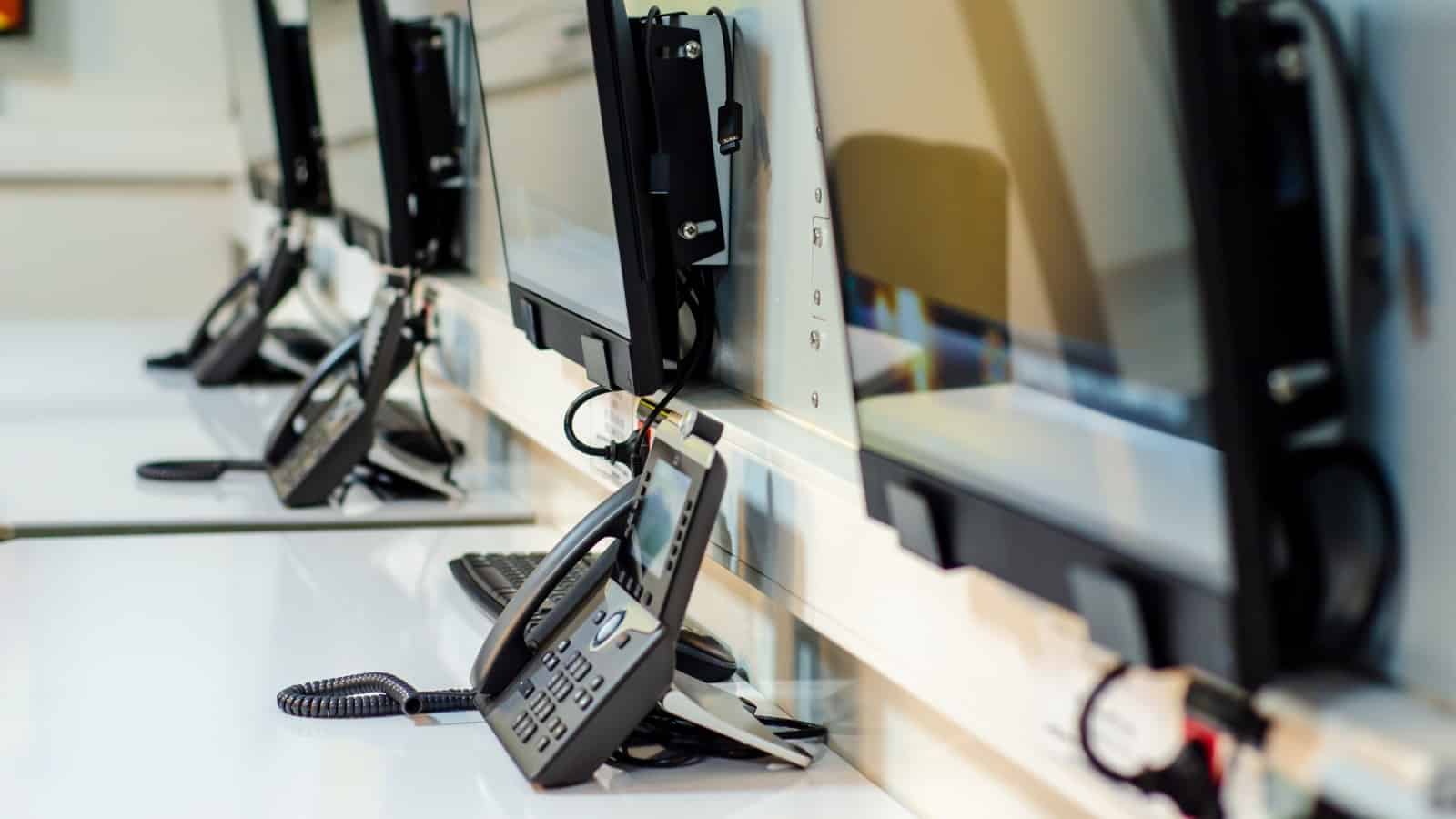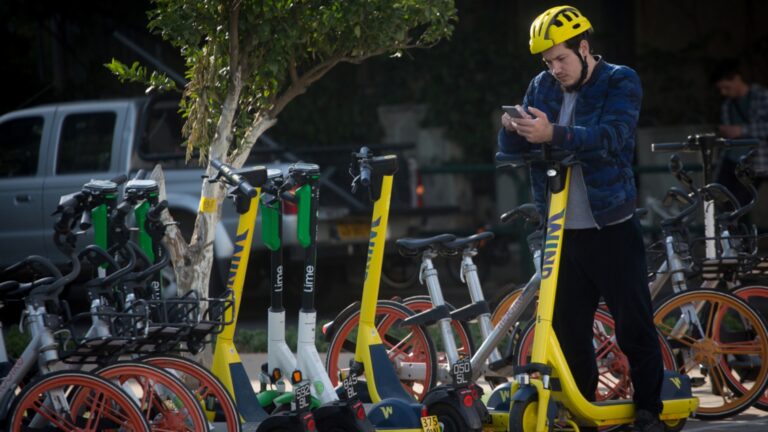A survey answered by 841 North American 9-1-1 directors, managers, supervisors and dispatchers paints a picture of an overstressed workforce grappling with surging emergency call volumes, complex events, outdated technologies and insufficient support.
The Pulse of 9-1-1 State of the Industry Survey was done by New York-headquartered Israeli company Carbyne, which provides cloud-native emergency call management in the United States, in partnership with NENA: The 9-1-1 Association.
Results were presented on July 25 at a national online conference featuring industry experts and government leaders discussing solutions to the growing challenges of 9-1-1 emergency response.

Problems identified in the Pulse of 9-1-1 survey include:
- Staffing: 82% of centers reported being understaffed and struggling with hiring and retention, with respondents citing stress and low pay as the top obstacles to attracting and keeping staff. The data also shows a growing shortfall in younger workers to replace those who are retiring or burning out.
- Technology: A substantial number of respondents are unfamiliar with emerging technologies and their potential to help solve problems such as staffing shortages and call surges.Fewer than half can gain accurate location information from mobile callers, and fewer than 20% are able to accept video calls.
- Mental health and wellness: 74% of respondents revealed that their 9-1-1 centers are plagued by staff burnout, with many others exhibiting anxiety, fatigue, and low energy levels. And while over 90% of 9-1-1 employers provide wellness support services, only 18% of respondents make use of them.
- Training: Less than half the respondents felt adequately equipped to handle every incident type. Around 38% felt ill-prepared to deal with an active shooter situation, 25% felt they lacked training for mental health calls, and 18% were uncomfortable managing civil disturbances or bias-related events.
- Diversity, equity, inclusion: While a majority (56%) of respondents felt their workplaces were mostly or entirely inclusive, 42% observed a lack of diversity within their leadership. A quarter of participants reported that their center’s demographics do not accurately reflect the communities they serve.

“Technology has the power to transform the 9-1-1 industry by mitigating the challenges our emergency telecommunicators face and giving them respite,” said Amir Elichai, Carbyne CEO.
“It enables us to enhance emergency response, improve accuracy, and optimize workflows. By harnessing the potential of advanced call-handling platforms, we can bridge gaps in communication, provide real-time situational awareness, and deliver faster, more effective assistance to those in need. Let’s embrace technology as a powerful tool in our quest to revolutionize emergency services and ensure safer, more resilient communities.”
Fighting for Israel's truth
We cover what makes life in Israel so special — it's people. A non-profit organization, ISRAEL21c's team of journalists are committed to telling stories that humanize Israelis and show their positive impact on our world. You can bring these stories to life by making a donation of $6/month.








